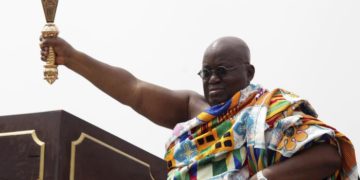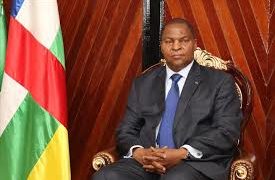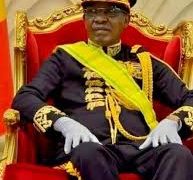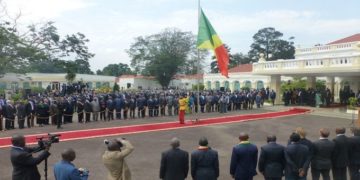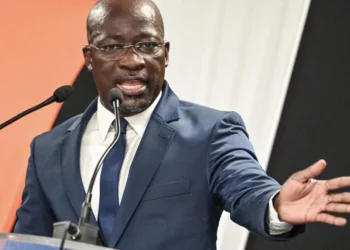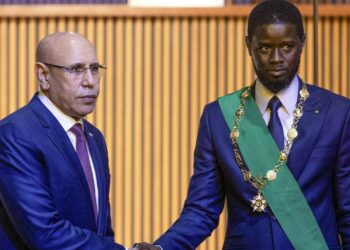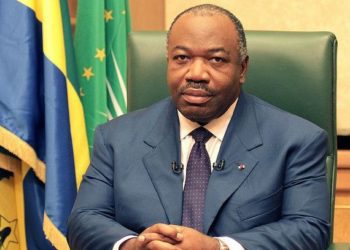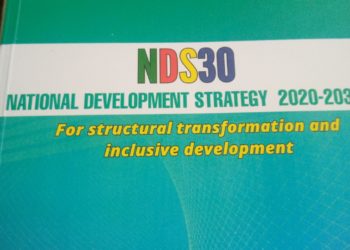A referendum to that effect billed for December 8, 2020 seeks to reduce the years of presidential and parliamentary terms, allow dual citizenship, as well as change the date of presidential and general elections.
This latest quest at change was started seven years ago when former President Ellen Johnson-Sirleaf established a Constitutional Review Committee to comprehensively review the 1986 Constitution and make proposals for reforms/amendments.
The Referendum of 2020 is seeking to scale back the current six-year presidential tenure to five years, and limited to two terms in office. The same will apply to the vice presidency.
For many decades, the term of office was as many four (4) years as the people elected the person to be President. The 1986 Constitution provides for two six-year terms but in most parts of the world, especially Africa; it is two five- year terms. This amendment proposes to comply with this generally accepted term limit of five (5) years for a President for a maximum of two (2) terms.
Under the current constitution, Article 50 reads, “The Executive Power of the Republic shall be vested in the President who shall be Head of State, Head of Government and Commander in Chief of the Armed Forces of Liberia. The President shall be elected by universal adult suffrage of registered voters in the Republic and shall hold office for a term of six years commencing at noon on the third working Monday in January of the year immediately following the elections. No person shall serve as President for more than two terms.
When amended, it will read: “The Executive Power of the Republic shall be vested in the President who shall be Head of State, Head of Government and Commander in Chief of the Armed Forces of Liberia. The President shall be elected by universal adult suffrage of registered voters in the Republic and shall hold office for a term of five (5) years commencing at noon on the third working Monday in January of the year immediately following the elections. No person shall serve as President for more than two terms”.
Under the current law, children born from at least one Liberian parent must take an oath of allegiance before the age of 23 in order to gain Liberian citizenship. After that, the person has to go through naturalization to gain.
The long-term restriction has had an impact on members of some ethnic communities, which has played a major economic role in Liberia for decades. The restriction has also prevented many of them from obtaining Liberian nationality and thus restricts their right to own land.
Under the proposed change, any child of a Liberian will automatically qualify for nationality. The move is seen as providing a boost for investment from abroad. Under current laws, dual nationality is barred.
Upon the announcement of the result of the Proposed Referendum Amendments, the result thereof shall be immediately implemented by the National Elections Commission.
As the clock ticks toward the December 8 Referendum and elections, the Weah administration is pulling no strings in hopes that Liberians will buy into its plan to change the constitution.




